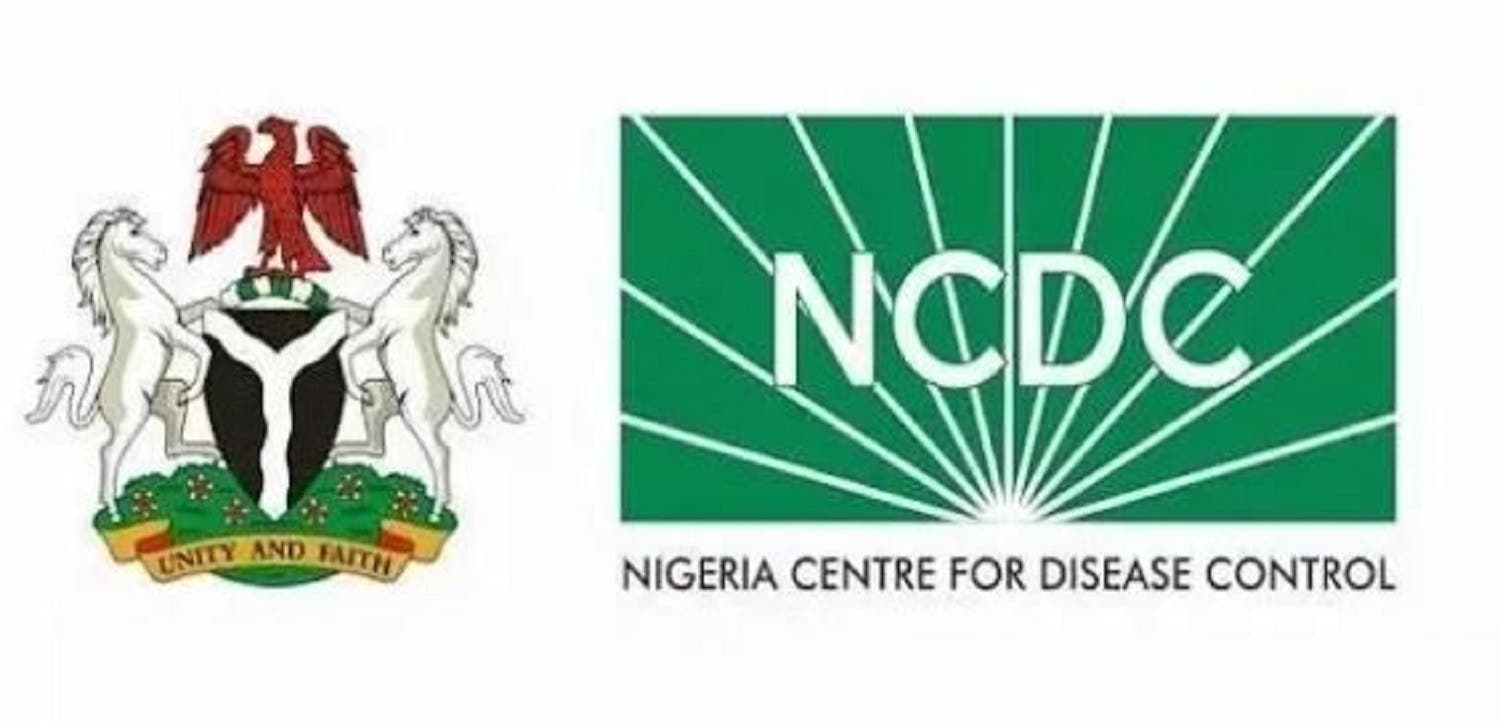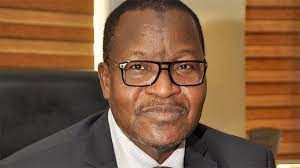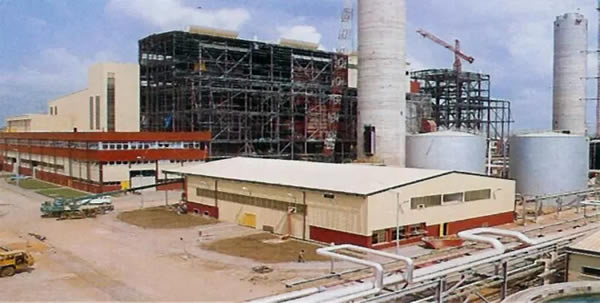
FG Approves New Law School In PH
The Director-General of the Nigerian Law School, Prof Isa Hayatu Chiroma, has announced that the Federal Government has approved the establishment of a new campus of the Nigerian Law School in Port-Harcourt, the Rivers















